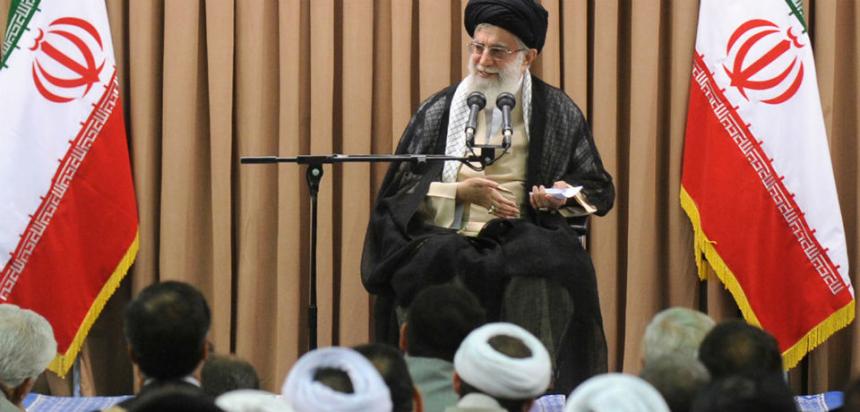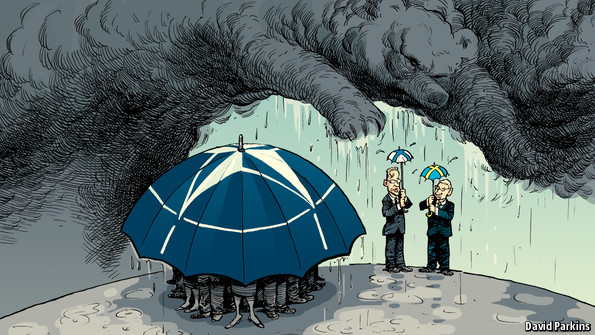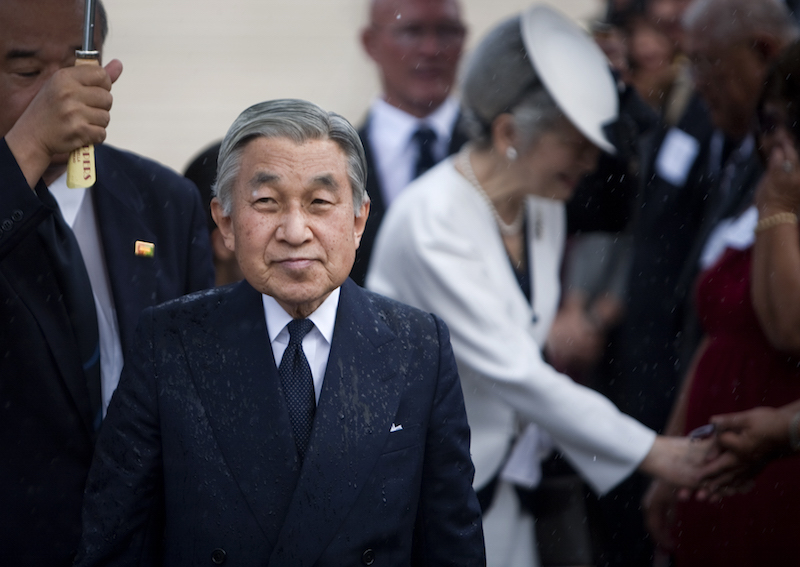
With significant differences still outstanding as the deadline for the Iranian nuclear negotiations approaches, President Barack Obama reportedly penned a personal appeal to Iran’s supreme leader, Ayatollah Ali Khamenei, last month.
The letter was first disclosed last Thursday by the Wall Street Journal, and later confirmed by the Associated Press. Ever mindful that the fight against the Islamic State cannot be won without the assistance of Iran, President Obama opened a secret line of communication, attempting to broker a nuclear deal in exchange for U.S. assistance in the fight against the Islamic State.
In the letter, President Obama expressed a shared U.S.-Iranian interest in combating the militants in Iraq and Syria, allegedly warning that the expansion of the Islamic State posed a significant security threat to both countries. Each engaged in military efforts to degrade and destroy the Islamic State, the longtime foes find themselves on the same side of an international campaign against the extremists. Iran recognizes that a region defined by the Sunni-Shiite rift is one in which the majority of Iran’s neighbours would become its enemies, possibly unraveling the country’s internal ethnic and religious balance.
In August, President Obama authorized a U.S.-led air campaign against the Islamic Sate in Iraq, expanding the mission the following month to neighboring Syria. The U.S. is taking action along with several other nations, including a handful of regional partners. While not officially part of the coalition, Iran has participated in the fight through its proxies on the ground in Iraq. According to both the Iraqi government and the Kurdish Regional Government, Iran was the first country to provide support for the fight against the Islamic State by sending both weaponry and advisors.
The rise of the Islamic State and its seizure of significant portions of land in both Syria and Iraq have affected the dynamic between the U.S. and Iran. Instead of being an adversary, Iran has become a part of the solution, rather than the problem. The conflict provides both countries with an area of nascent cooperation.
The prospect of bilateral cooperation in fighting the Islamic State as an incentive for a durable resolution to Iran’s nuclear ambitions has put the Obama administration on the defensive. Lawmakers from both parties have expressed concern over the willingness of the administration to make far-reaching concessions to Tehran in order to strike a landmark nuclear deal before an upcoming deadline.
While the administration has remained adamant that the U.S. is not cooperating with Iran on the fight against the Islamic State, and has repeatedly stressed that no linkage exists between a nuclear deal and U.S. assistance, the letter raises new questions about the precise limits of their cooperation.
The deadline to reach a deal on Iran’s nuclear program is November 24.




